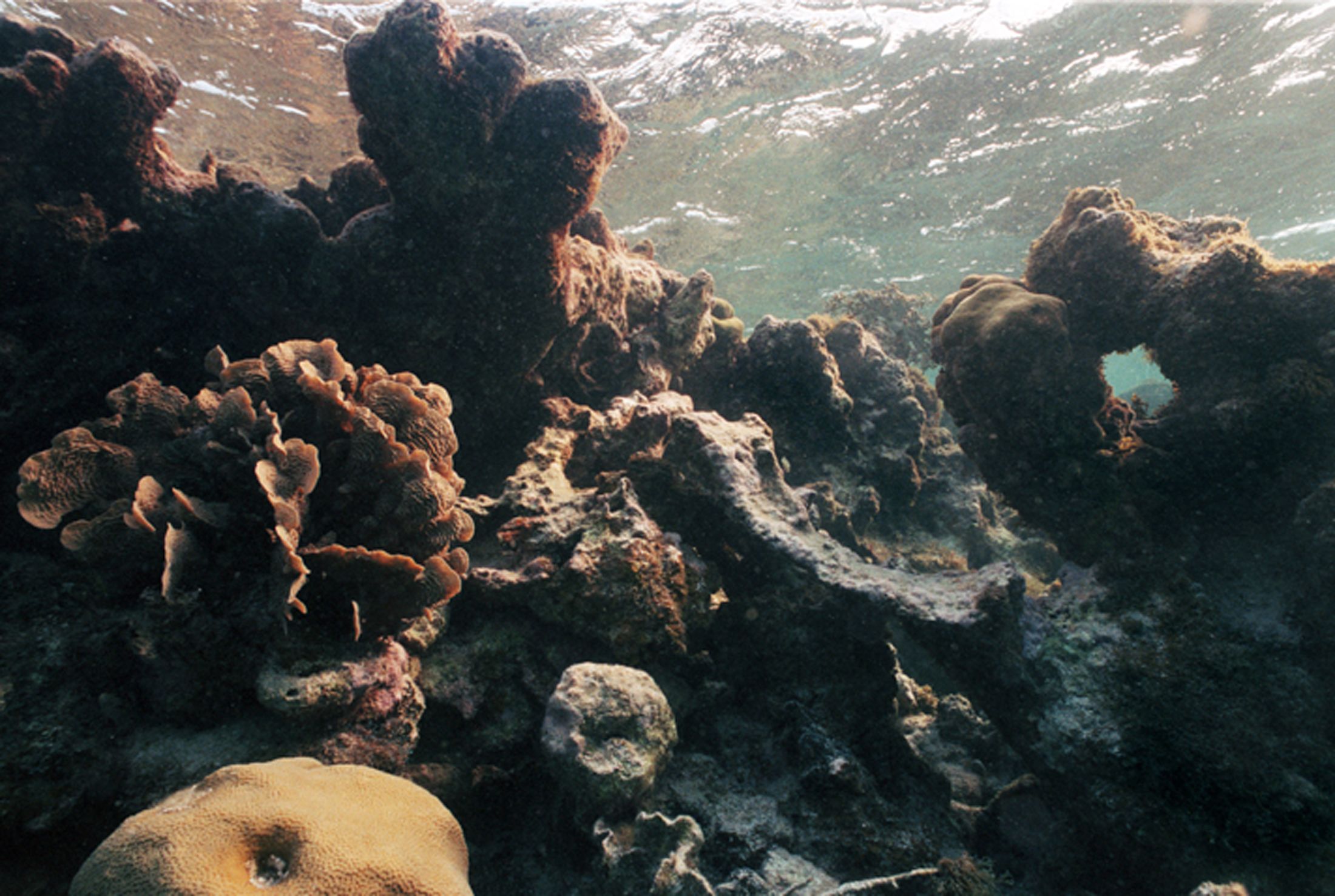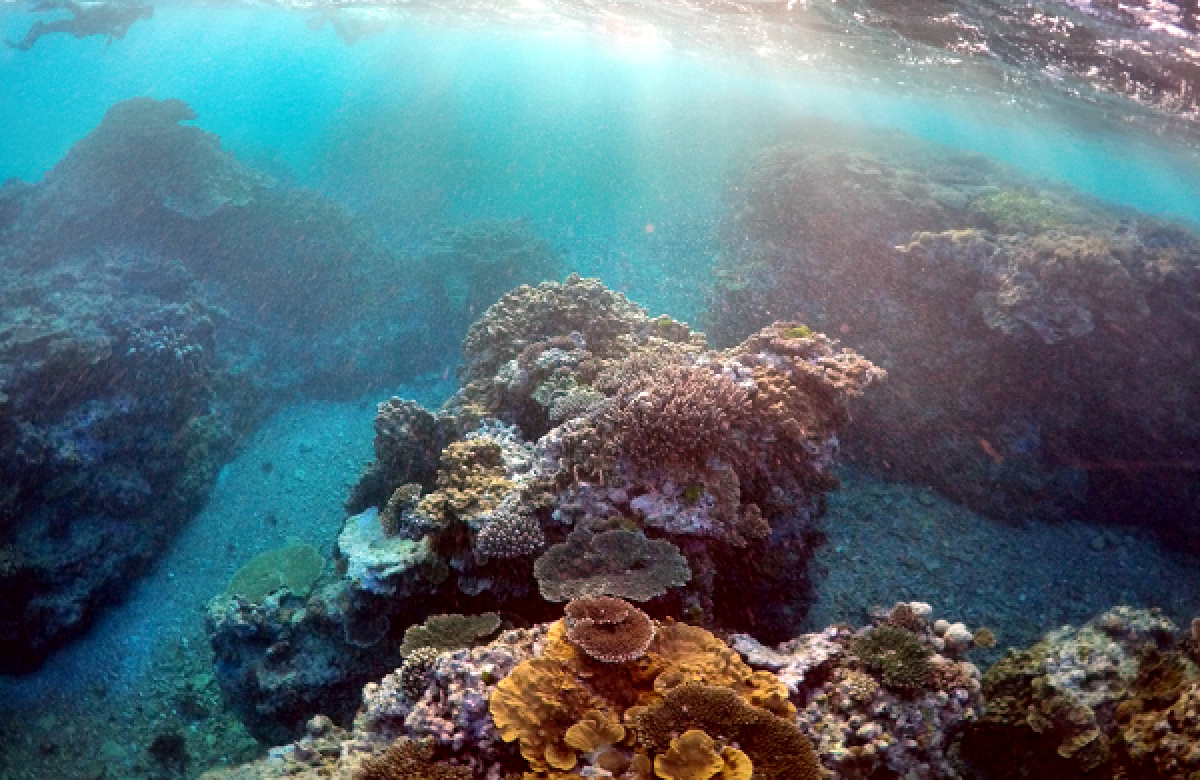
Half of Hawaii's coral reefs were bleached in just a one year span—a damaging process where the ocean is no longer a healthy environment for the coral—and even more severe bleaching is expected within the next decade. Fish populations are also in danger, due to overfishing and reef damage.
Scientists from the Nature Conservancy told Hawaii lawmakers on Thursday that unprecedented amounts of bleaching occurred in just a one year span, from 2014-2015. Global warming continues to pose a threat that will worsen the situation, researchers warned.
The decline is significant across the islands - 56 percent of the Big Island's coral was damaged, along with 44 percent of Maui's west coast and 32 percent of Oahu's reefs.

Hawaii's heat waves during 2014 made tough conditions for coral, but rising ocean temperatures mean that the worst is yet to come.
"In the 2030s, 30 to 50 percent of the years will have major bleaching events in Hawaii," said Kuulei Rogers of the Hawaii Institute of Marine Biology in an Associated Press interview.
Hawaii's coral can recover if the water cools. Warm temperatures cause coral to expel algae, giving it a "bleached" appearance, which can improve if the coral's environment becomes less stressed. But over time, reefs degrade and leave fish without habitats. Reefs are also key in protecting coastlines from storm surges. Scientists have been warning for decades that reefs are facing a serious crisis, like in 2005 when the U.S. lost half of its Caribbean coral reefs in one year, a more severe loss than the the previous 20 years combined.

But strong warnings from the scientific community don't always translate to policy change. A recent federal report compiled nearly 500 pages worth of evidence that human activity is the dominant cause of global warming, a study that the White House sought to downplay.
A White House spokesman responded to the study by saying that the climate "has changed and is always changing," drawing attention to the portion of the report that explains uncertainty about the Earth's sensitivity to greenhouse gas emissions.
The Trump administration has questioned the extent of human contribution to climate change before. New staffers on the Environmental Protection Agency science board hold opinions that are well outside the mainstream of scientific consensus - like that our air is too clean to promote good health. Energy Secretary Rick Perry said on Thursday that "the science [was] out" on whether humans are the primary cause of environmental catastrophes like Hawaii's coral reef bleaching.
Despite repeated alarm bells from environmental researchers, ocean environments have continued to decline in many areas of Hawaii, endangering many species of fish and other wildlife. Data from the University of Hawaii found that over the past 15 years, overfishing has caused a 90 percent drop in overall catches.
"What we found was pretty overwhelming," said Alan Friedlander, a University of Hawaii scientist. "About 40 percent of the species will be classified as over fished. The correlations are more people, less fish."
Uncommon Knowledge
Newsweek is committed to challenging conventional wisdom and finding connections in the search for common ground.
Newsweek is committed to challenging conventional wisdom and finding connections in the search for common ground.
About the writer
Summer Meza is a journalist from Seattle, Washington. She attended Santa Clara University and Columbia University's Graduate School of Journalism.
To read how Newsweek uses AI as a newsroom tool, Click here.








